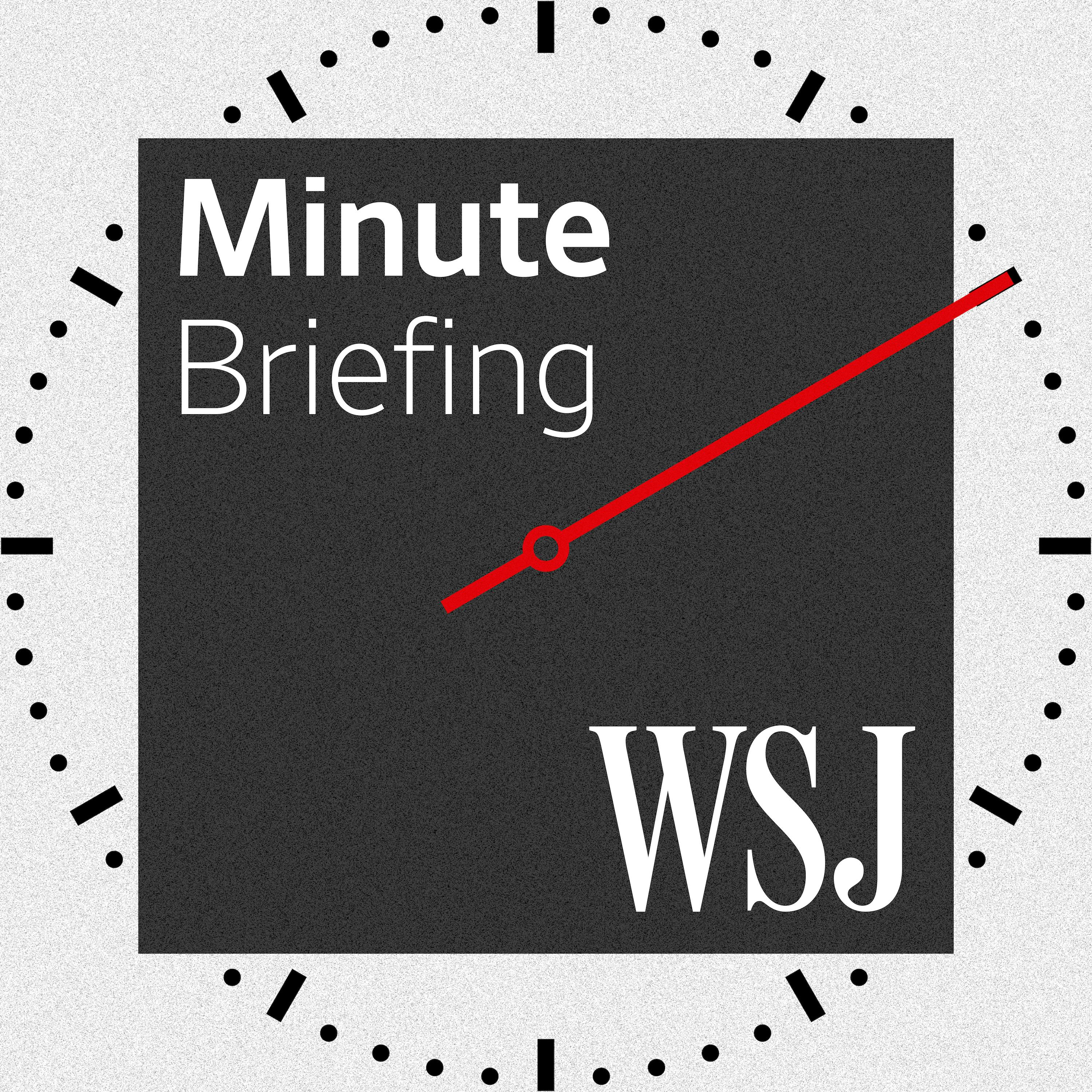
U.S. and China Agree to Significantly Cut Tariffs

WSJ Minute Briefing
Deep Dive
Shownotes Transcript
In case you missed it, YouTube is the number one streaming platform in watch time in the U.S., ahead of Netflix, Disney, and Prime Video for the second year in a row. There's only one YouTube. Here is your morning brief for Monday, May 12th. I'm Luke Vargas for The Wall Street Journal.
The U.S. and China have agreed to suspend most tariffs on each other's goods following weekend talks in Geneva. The U.S. said the reductions would last for 90 days while the two sides begin further talks.
Both countries have agreed to lower reciprocal tariffs from 125 percent to 10 percent, though U.S. Trade Representative Jameson Greer said an additional 20 percent tariff levied on Beijing for what the U.S. describes as its role in the fentanyl crisis will remain, along with sector-specific tariffs like the levies on cars.
Ukrainian President Volodymyr Zelensky has challenged Vladimir Putin to meet him in Istanbul this week after President Trump backed the Russian leader's offer to hold peace talks ahead of a ceasefire. Putin didn't immediately respond to Zelensky's offer. Trump last week threatened to impose sanctions on whichever side didn't agree to a 30-day ceasefire. And in recent weeks, he said the U.S. would walk away from talks if no progress is made soon.
And shares in pharmaceutical companies fell this morning on news that President Trump is expected to sign an executive order today tying U.S. drug prices to what other countries pay.
Those prices are often lower because of negotiations by their single-payer health care systems. Trump didn't specify whether the order would apply to Medicare, Medicaid, or other government programs. Major drug companies have pushed back on the idea, with pharmaceutical executives estimating that instituting a most-favored-nation policy for Medicaid alone would cost their industry more than a trillion dollars over the next decade.
Asian stock markets have ended the day higher. European markets are also up in midday trading. And U.S. stock futures, bond yields, and the dollar are all higher ahead of the market open. And we have got a lot more coverage of the day's news on the WSJ's What's News podcast. You can add it to your playlist on your smart speaker or listen and subscribe wherever you get your podcasts.
The world's biggest creators, the world's biggest moments, all delivered to the world's biggest collection of passionate fans, providing unparalleled opportunities for your brand. There's only one YouTube.